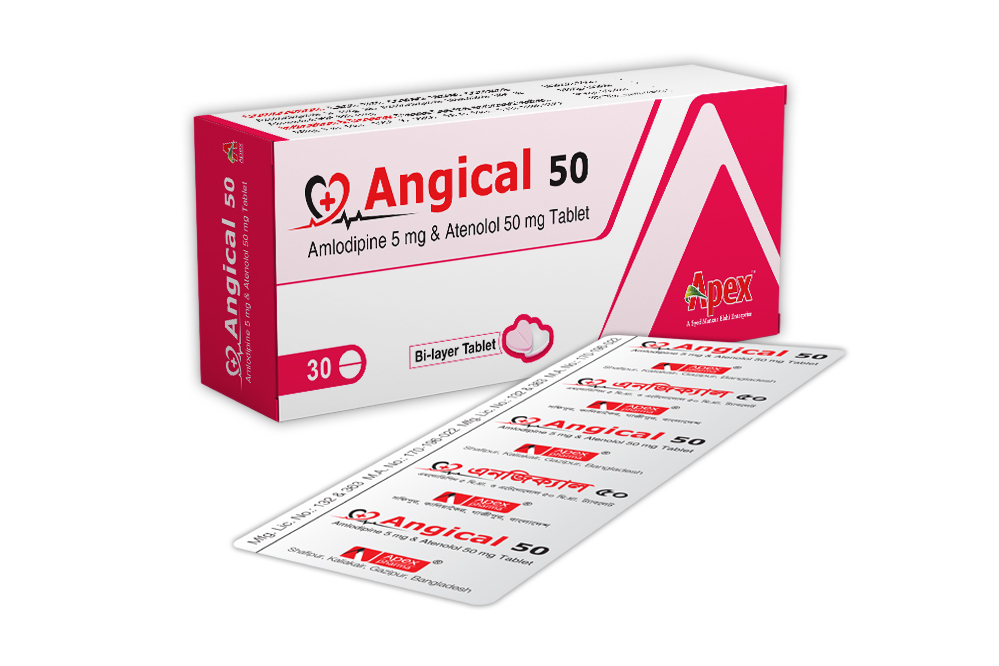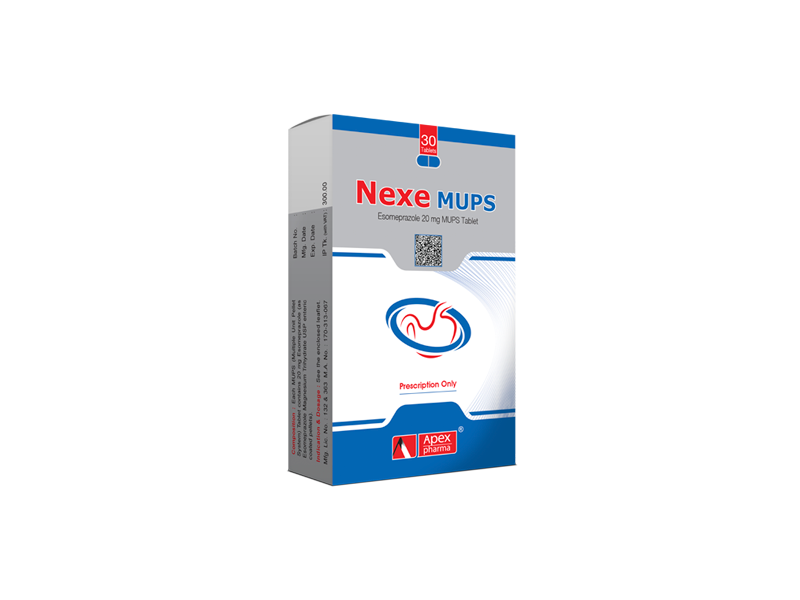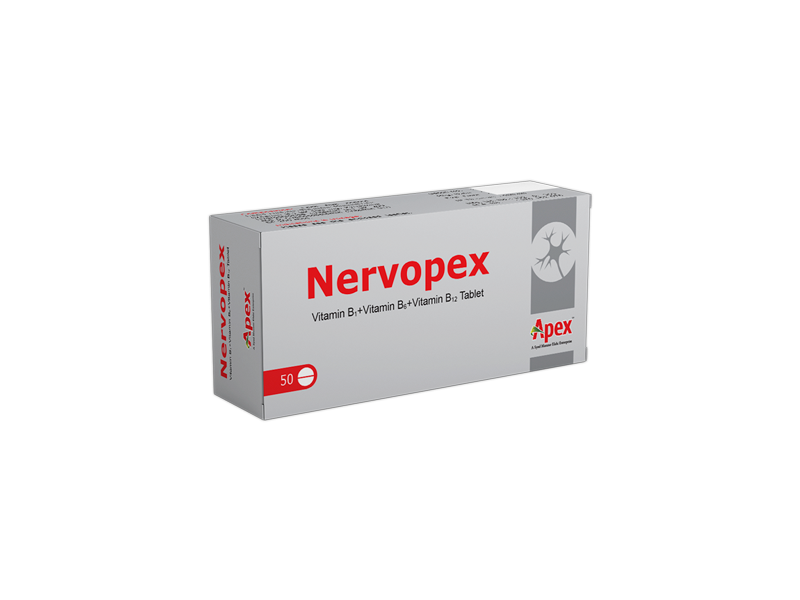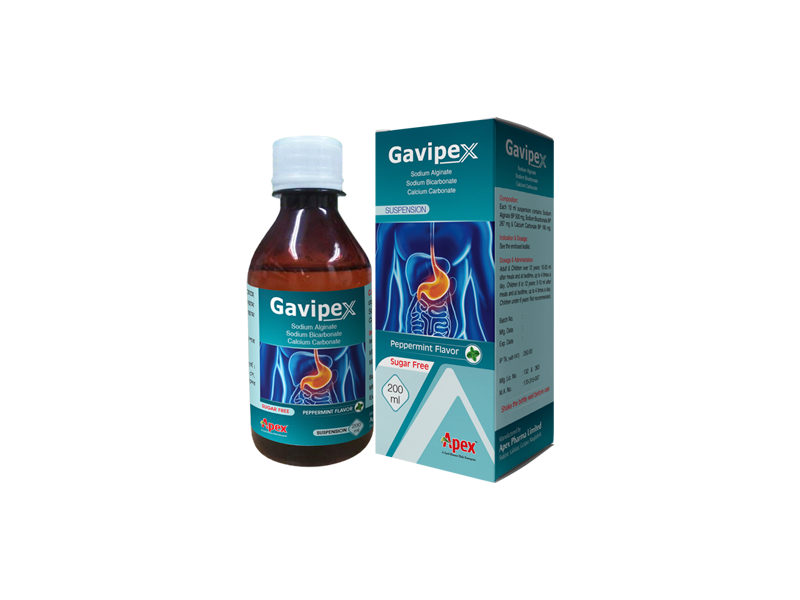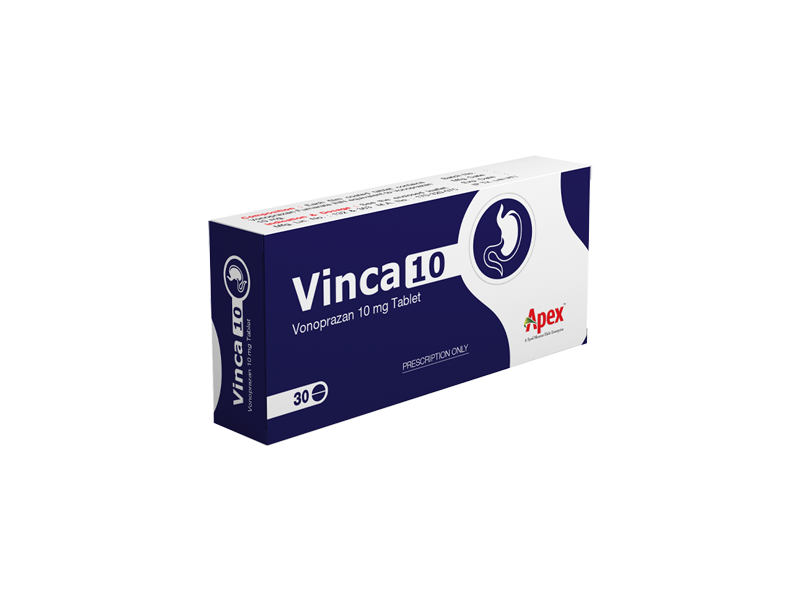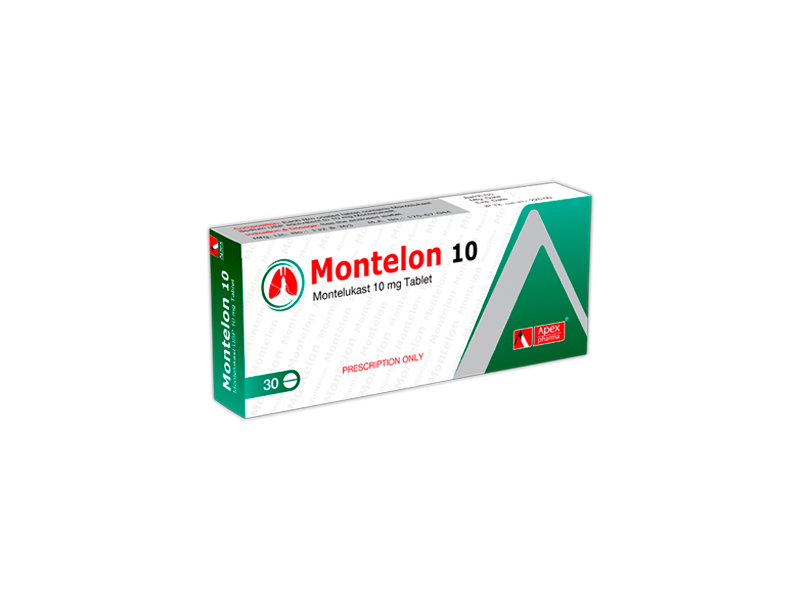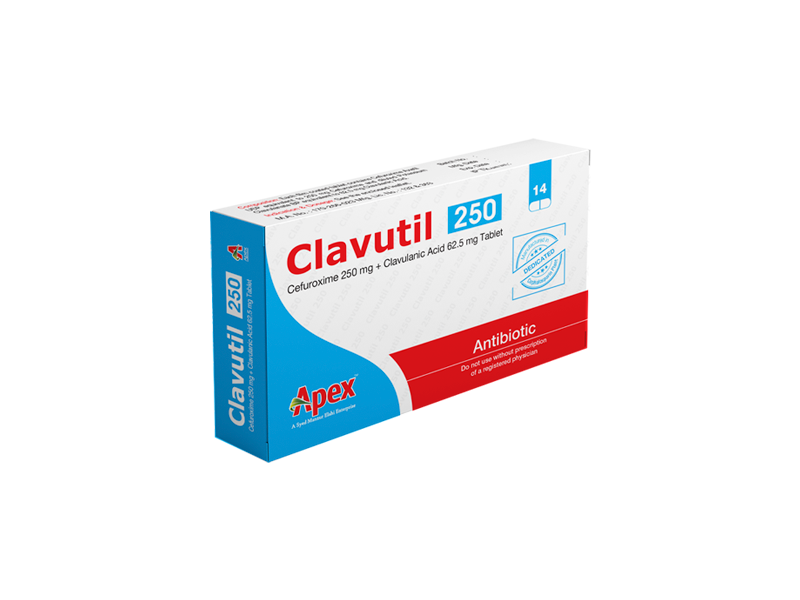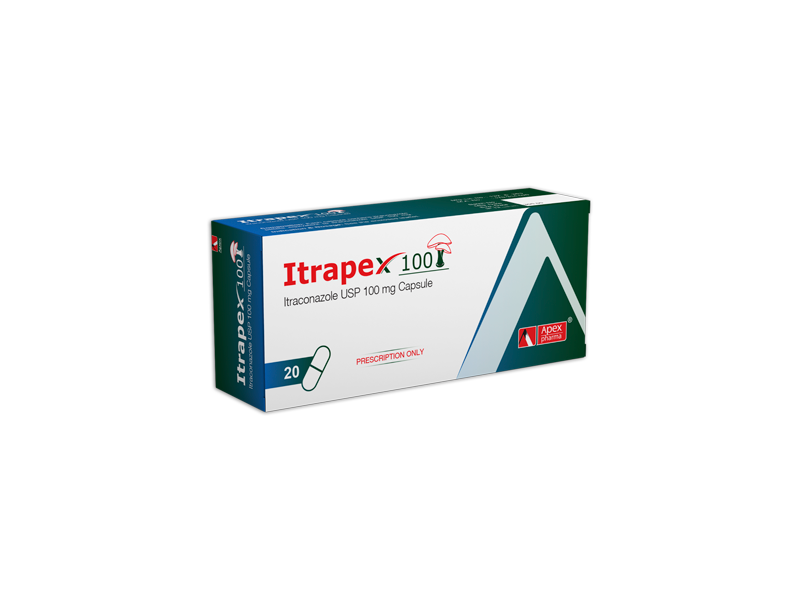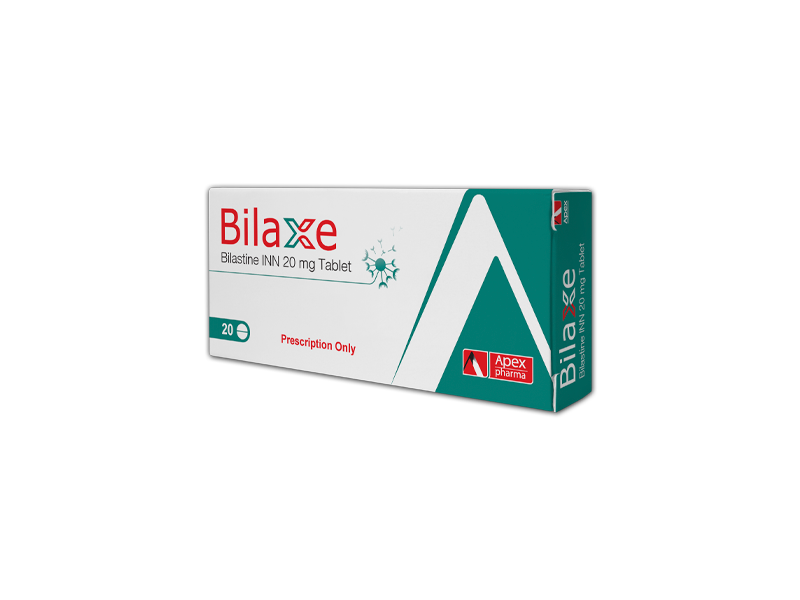
Angical 50
Home / By Brand Name / Angical 50
Angical 50
Generic Name: Amlodipine + Atenolol
Therapeutic Class: Antihypertensive
Composition
Angical-50: Each tablet contains Amlodipine Besilate BP equivalent to Amlodipine 5 mg and Atenolol BP 50 mg.
Pharmacology
Angical-50 is a fixed dose combination of Amlodipine and Atenolol. Amlodipine is a dihydropyridine calcium antagonist
that inhibits the transmembrane influx of calcium ions into vascular smooth muscle and cardiac muscle; it has a greater
effect on vascular smooth muscle cells than cardiac muscle cells. Amlodipine is a peripheral vasodilator that acts directly
on vascular smooth muscle to cause a reduction in peripheral vascular resistance and reduction in blood pressure.
Amlodipine reduces tone, decreases coronary vasoreactivity and lowers cardiac demand by reducing after load. Atenolol
is a cardio-selective beta-blocker. It does not possess any membrane-stabilizing action. The cardio selectivity is dose
related. Atenolol causes a reduction in blood pressure by lowering cardiac output, decreasing the plasma renin activity
and sympathetic outflow from CNS. Atenolol also causes a reduction in myocardial oxygen demand by virtue of its
negative inotropic and negative chronotropic effect.
Indication
Hypertension is not controlled by monotherapy, patients with angina pectoris and hypertension as co-existing diseases;
post myocardial infarction, refractory angina pectoris where nitrate therapy has failed.
Dose & Administration
Initially, 1 tablet daily. If necessary, the dose may be increased to 2 tablets daily. Elderly patients or patients with hepatic
impairment ½ tablet daily. The dosage, however, should be individualized or as directed by the physician.
Contraindication
Hypersensitivity to any of the components.
Precaution
Bronchospasm: The combination should be used with caution in patients with airway obstruction. Renal impairment: The
combination can be used in patients with renal impairment. However, caution may be necessary if the creatinine
clearance rate is less than 30 mL/min because of possible reduction in the excretion of unchanged Atenolol. Hepatic
impairment: Caution may be necessary in the use of the combination in patients with severe liver damage because of
prolongation of the elimination half-life of amlodipine. Drug withdrawal: Since coronary heart disease may exist without
being recognized, patients should be warned against stopping the drug suddenly. Any discontinuation should be gradual
and under observation.
Side Effects
The combination of Amlodipine and Atenolol is well tolerated. Overall side effects include fatigue, headache, edema,
nausea, drowsiness, anxiety and depression.
Use in Pregnancy & Lactation
The combination should be used during pregnancy only if the expected benefit outweighs the potential fetal risk. Nursing
mothers should not use the combination. If its use is considered necessary, breast-feeding should be stopped.
Use in Children & Adolescents
No information is available regarding the use of this drug in children & adolescents.
Drug Interactions
Disopyramide: Atenolol reduces the clearance of disopyramide by 20%. Additive negative inotropic effects on the heart
may be produced. Ampicillin: Ampicillin at doses of 1 g and above may reduce Atenolol levels. Oral antidiabetic and
insulin: Beta-blockers may decrease tissue sensitivity to insulin and inhibit insulin secretion in response to oral
antidiabetics. Atenolol has the less potential for these actions. The heart rate may not be reliable as an early warning of
hypoglycaemia.
Overdosage
Though not documented, hypertension and less frequently congestive cardiac failure may occur in cases of over dosage.
Unabsorbed drugs may be removed by gastric lavage or administration of activated charcoal. Symptomatic treatment is
suggested.
Keep away from light & moisture and store below 30o C. Keep out of the reach of children.
PRODUCTS
